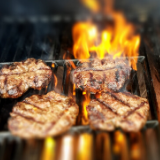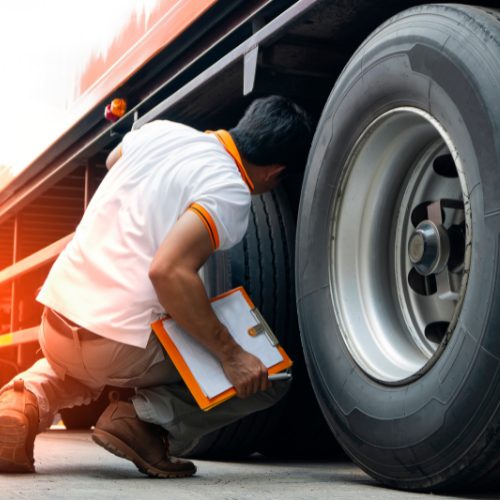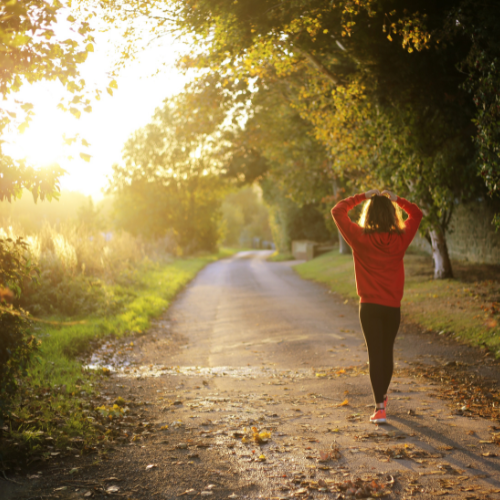
In this month’s newsletter, you’ll read about backyard grilling safety tips. In addition, learn about essential items to keep in your automobile and how to improve your relationship with your phone.
Download the full version of this Personal Insights Newsletter
Each year, grilling accidents cause an average of $118 million in direct property damage.
HOME
Backyard Grilling Safety Tips for Summer Barbecues
As warmer weather hits, the smell of food on the grill fills the air. According to the National Fire Protection Association, nearly 9,000 home fires each year involve grills, so it’s important to brush up on barbecue safety.
Consider the following grilling safety tips:
- Grill outside only. Do not use your grill in a garage or other enclosed space, even if it’s ventilated.
- Choose a safe location. Keep your grill on a flat surface at least 10 feet away from your house, garage or other structures. Look above for overhanging tree branches, too.
- Check for leaks. Make it a habit to check the gas tank hose before using it for the first time each year. Apply a light soap and water solution to the hose. If you see bubbles form, you have a propane leak.
- Open the gas grill lid before lighting it. If the lid is closed, gas could build up inside the grill.
- Never leave your grill unattended. Fires can double in size every minute.
- Keep children and pets at least 3 feet away from where food is being prepared or carried. Reinforce to young children that the grill’s surface is hot.
- Wear the right clothing. Be sure your sleeves or apron strings don’t dangle over the fire. The same goes if you have long hair.
- Clean the grill regularly. Keep it clean by removing grease or fat buildup from the grill and in the trays below the grill.
Packing Tips to Make Your Move Easier
Summer is the busiest time of the year to move, so if you’re planning a move, you are not alone. To ensure a smooth move, consider having everything ready to go well before the movers arrive. Work with your household to create a plan and timeline to ensure that everyone will know how and when to pitch in.
Once you’re ready to start packing, consider the following tips:
- Pack one room at a time to stay organized.
- Label boxes on the side or use a color-coded system by room to make the unloading process easier.
- Use a clean trash bag to pack clothing on hangers, and you’ll be able to hang up your clothes right away in your new closet.
- Pack a clear bin with first-day essentials, such as trash bags, disinfectant wipes, paper towels, paper plates, toilet paper and hand soap. Include whatever you think you’ll need to use that first day.
- Keep a toolbox handy in your vehicle so you’ll be prepared to assemble or fix anything.
AUTO
Essential Items to Keep in Your Automobile
If you have roadside assistance and a cellphone signal, you can call for help in case of an emergency. If not, you’re going to wish that you had some essentials on hand. Consider keeping the following items in your vehicle to ensure that, no matter what happens on the road, you can get home safely:
- Blanket—A blanket can keep you warm if your vehicle breaks down in cold weather.
- Cellphone charger—If you use your phone for directions or music, it’s a good idea to charge the phone while driving so it is readily available in case of an emergency.
- First-aid kit—Purchase a prepackaged kit or assemble your own. The basics include bandages in multiple sizes, gauze, antibiotic cream, pain relievers, allergy medicine, latex-free disposable gloves, hand sanitizer and cotton swabs.
- Flashlight—Cellphones have a built-in flashlight, but you’ll likely want to preserve your battery in an emergency. Choose a heavy-duty, waterproof one.
- Jumper cables—Dead batteries happen. Jumper cables can help you—or somebody else—quickly get back on the road.
- Spare shoes and clothes—Sweatshirts, boots and other warm clothing stored in your trunk can be helpful.
- Toolkit—Consider a basic kit with a screwdriver, hammer, wrench and pliers.
- Work gloves—A thicker pair of gloves will come in handy if you need to do some heavy-duty work on the car.
WELLNESS
Improving Your Relationship With Your Phone
Smartphones have made our lives so much easier, but they can also impact our physical and mental well-being. To build a healthier relationship with your phone, keep in mind the following:
- Set clear boundaries. If you are always waiting for work or personal messages, you may feel chained to the device, so it’s helpful to set boundaries that outline when you’ll be available.
- Turn off notifications. Disable notifications for social media apps, or mute group chats to avoid being tempted by the constant notifications.
- Check at specific times. Create achievable boundaries by checking your phone for notifications at a designated time, like your lunch break or every two hours. Leaving your phone in a separate room to charge is another idea to try.
- Avoid use before bed. Try to cut down on phone use in bed or right before sleeping. The bright screen can signal to your body that it’s time to be awake, so you may have trouble falling asleep or experience lower sleep quality. Save the news feed scrolling and video watching for during the day.
While we all know we should be using our phones less, doing so is far easier said than done. Start small to create an action plan that works for your life and schedule.

CVSA announces 2024 Roadcheck Focus
The International Roadcheck: an annual three-day safety blitz for commercial vehicles across North America.

Employee Spotlight: Mark Hairston
Please help us welcome Mark Hairston to the Seubert Team as our General Industries Practice

The Health Benefits of Walking
By boosting physical fitness and enhancing mental well-being, incorporating regular walks into your routine can

